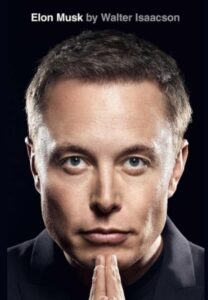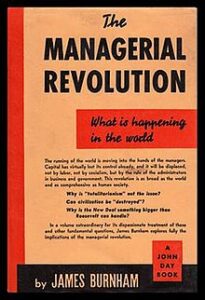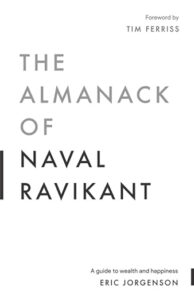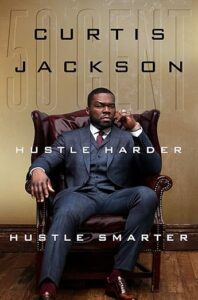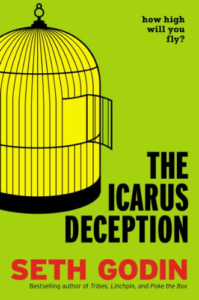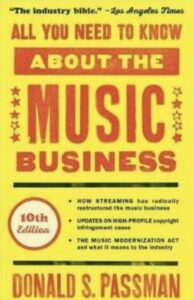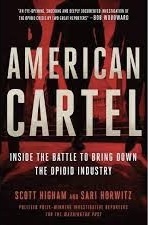
American Cartel by Scott Higham and Sari Horwitz offers a gripping exposé of the opioid crisis, detailing how pharmaceutical companies fueled the epidemic. While the authors provide a compelling narrative of corporate greed and regulatory failure, the book occasionally veers into sensationalism. The focus on a small group of DEA agents and lawyers, though engaging, may oversimplify the complex web of factors contributing to the crisis.
Despite these shortcomings, the meticulous research and powerful storytelling make American Cartel a crucial read for understanding the human toll of the opioid epidemic and the ongoing fight for accountability in the pharmaceutical industry.
